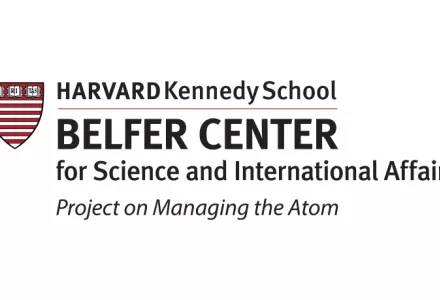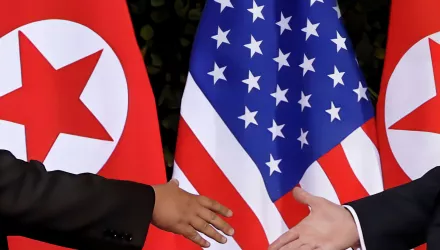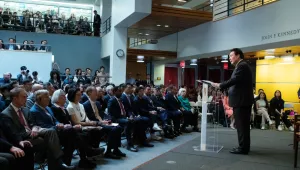Chris Lawrence is a Visiting Research Fellow with the Program on Science, Technology and Society in Harvard’s Kennedy School of Government. He is generally interested in questions of knowledge as they pertain to arms control and disarmament. While at Harvard, he will examine the making of open-source nuclear intelligence, and the role it plays in the framing of public narratives about weapons of mass destruction.
Chris received his PhD in nuclear science and engineering at University of Michigan, where he developed novel neutron-spectroscopy techniques to characterize nuclear warheads for treaty verification. After finishing at Michigan, he was Stanton Nuclear Security Postdoctoral Fellow at the Center of International Security and Cooperation at Stanford University. There, he studied the history of North Korea’s pursuit of light water reactor technology, and the shifting role that pursuit played in its diplomacy.



